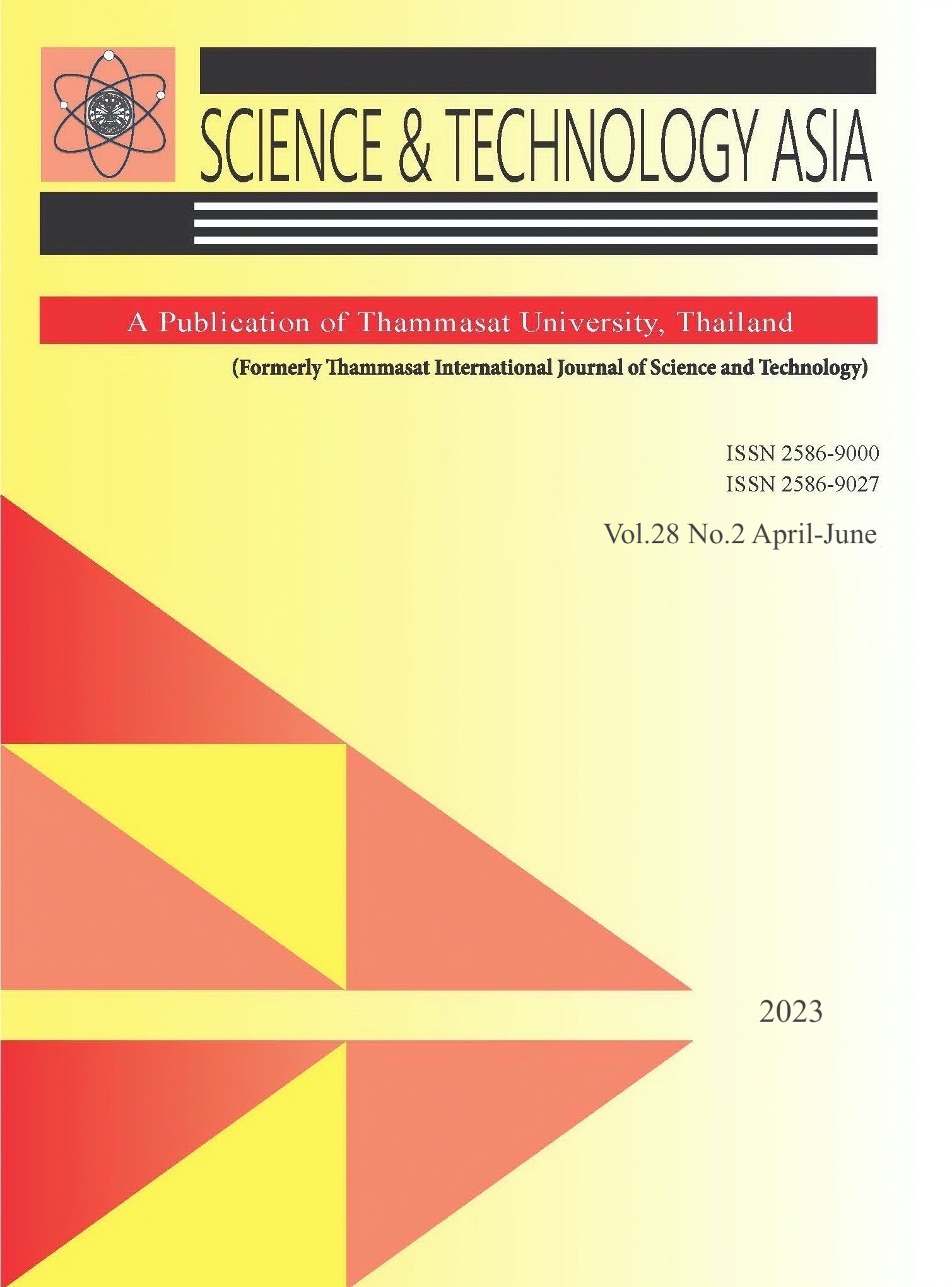Preparation of Cannabis Biomass and Crude Extracts with High Neutral Cannabinoid Content
Main Article Content
Abstract
Cannabis sativa L. is a widely known plant belonging to the Cannabaceae family that is rich with diverse bioactive compounds, the most well-known of which are neutral cannabinoids such as delta 9 tetrahydrocannabinol (THC) and cannabidiol (CBD). In the cannabis plant, these compounds are synthesized and accumulated as acidic cannabinoids, but when the biomass is dried, stored, and heated, the acids are gradually decarboxylated into neutral forms. Decarboxylation is, therefore, one of the necessary processes performed in the cannabis industry to provide the desired neutral cannabinoids. However, the suitable temperature and duration of the decarboxylation process for different strains of cannabis biomass and extracts are still unclear. Therefore, the objectives of this study were to compare cannabinoid decarboxylation processes using different temperatures and times to achieve a high yield of neutral form cannabinoids and to study the pilot- scale feasibility of the selected process. Dried cannabis biomass and cannabis extracts were used in the experiments. The temperatures of decarboxylation were 105°C, 115°C, 130°C, and 145°C with durations between 10 and 60 mins. High-performance liquid chromatography was used for the analysis of the acidic and neutral cannabinoids before and after decarboxylation. The results from the decarboxylation study assisted by the feasibility study suggest that for cannabis biomass, the suitable conditions for CBDA decarboxylation are 130°C for 60 min, and THCA decarboxylation at 145°C for 17 min. For cannabis extracts, the decarboxylation time could be shorter.
Article Details

This work is licensed under a Creative Commons Attribution-NonCommercial-NoDerivatives 4.0 International License.


